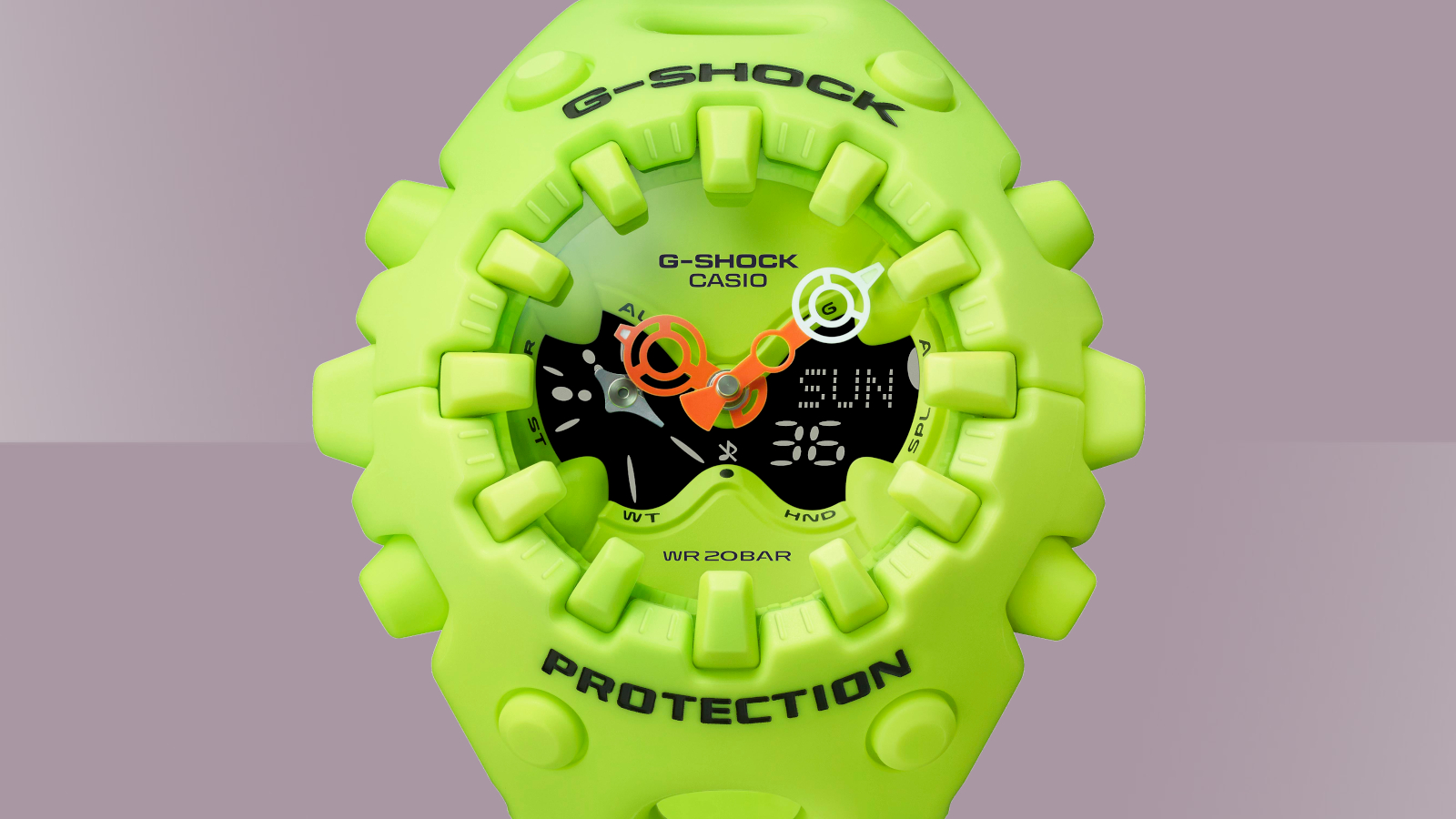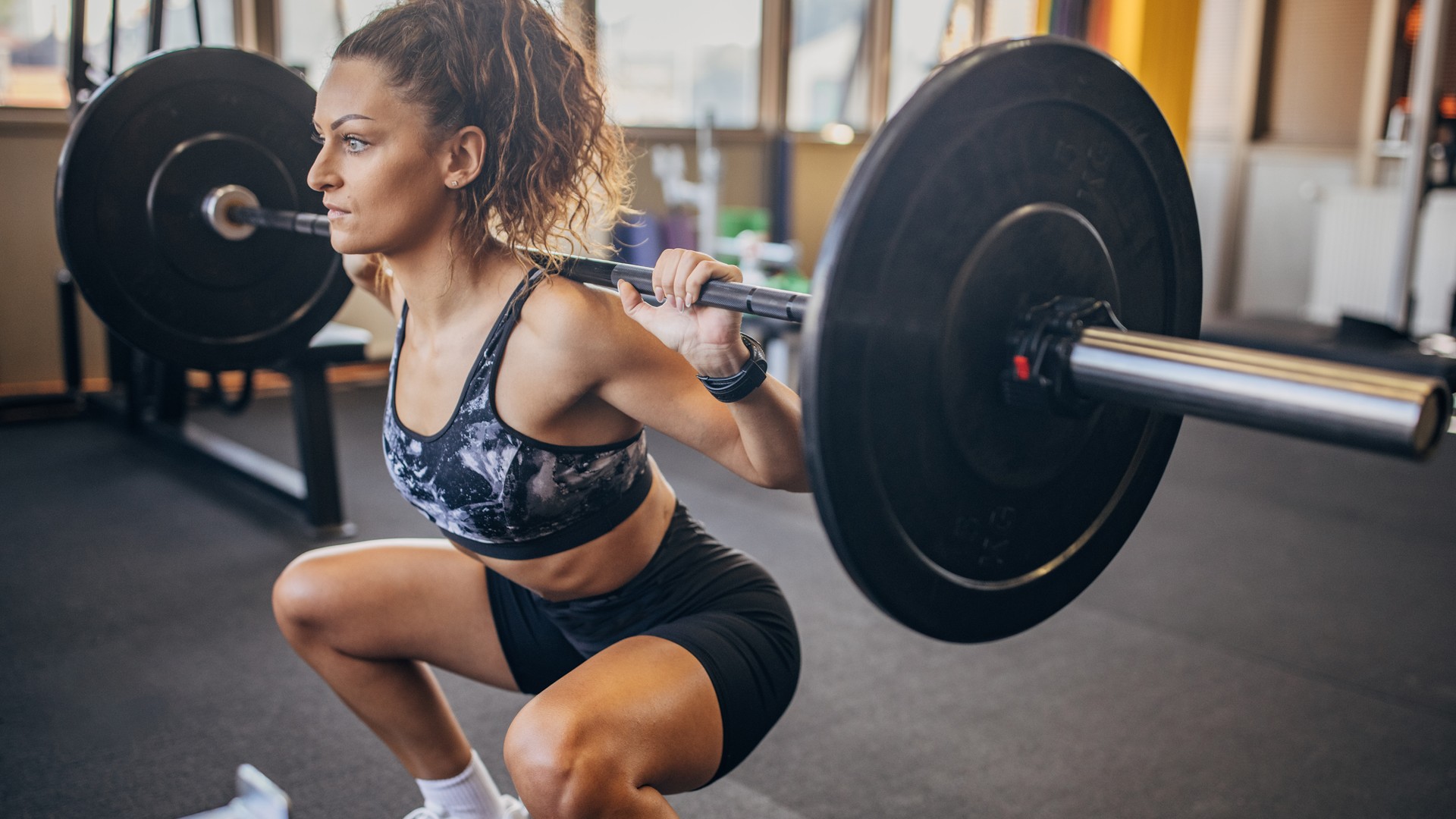

Squats: they’re a bit like marmite, but they’re also one of the most popular bodyweight, and weighted exercises, that help work all of your leg muscles and glutes. But have you ever finished a set and thought to yourself ‘I didn’t really feel it’? While that could be down to not using a challenging enough weight, it may also be because you’re making some really, really simple mistakes (more below).
It’s not just your lower body that squats are great for, they’re also brilliant for strengthening your core and lower back. They’re a staple in bodybuilders, powerlifters and Olympic lifters workout routines. But there’s also a huge variety of squat variations — from your standard conventional squat, to a narrow squat, sumo squat and more — making it an accessible movement for everyone.
Three squat mistakes you may be making
Keen for your squats to skyrocket? Dr. Stefi Cohen, DPT, who’s a 25x World Record Powerlifter, has shared these three mistakes that could be preventing your squat from moving correctly and stopping that muscle connection. I started doing all three and I can confirm, not only has it helped ease my lower back pain, but it’s also helped my squats increase from three sets of three reps for 100kg, to three sets of five reps at this weight (every rep counts!).
A post shared by Dr. Stefi Cohen, DPT (@steficohen)
A photo posted by on
Here’s a breakdown of Stefi’s tips:
• Don’t have the barbell too high up your neck — Stefi says “You want to put the barbell right on the spines where your shoulder blades are”. This will stop the barbell pushing you out of position during the movement.
• Don’t squat too fast — We get it, you may want to bash out your squat sesh as quickly as possible, but Stefi says it’s important to descend into the bottom of the squat with as much control and pelvic stability as possible. This is important for making sure you have good muscle connection during the movement. To help with
• Lean forwards slightly — While some people can happily squat upright, if you find this a struggle then Stefi says your squat could benefit from inclining forwards slightly during the movement. This is something I personally found a game changer when it came to my lower back pain, although you may also benefit from a weightlifting belt.
Sign up to the T3 newsletter for smarter living straight to your inbox
Get all the latest news, reviews, deals and buying guides on gorgeous tech, home and active products from the T3 experts
And there you have it! Three mistakes you could be making while squatting and how to adjust them. We also have a full guide explaining how to master squats, if you'd like a little more detail. Let us know how you get on with your squats.

Bryony’s T3’s official ‘gym-bunny’ and Active Staff Writer, covering all things fitness. She recently completed her Level 3 PT qualification with the PFCA to bring a deeper understanding of training techniques, fitness trends, and wellness advice to her writing. In her spare time, you will find her in her natural habitat - the gym - where her style of training is a hybrid of bodybuilding and powerlifting. Bryony loves writing about accessible workouts, nutrition and testing innovative fitness products that help you reach your fitness goals and take your training to the next level.
-
 Jake Dearden’s Hyrox training regime and 4000-calorie diet
Jake Dearden’s Hyrox training regime and 4000-calorie dietFind out how the Hyrox champ trains weekly and fuels his sessions
By Bryony Firth-Bernard
-
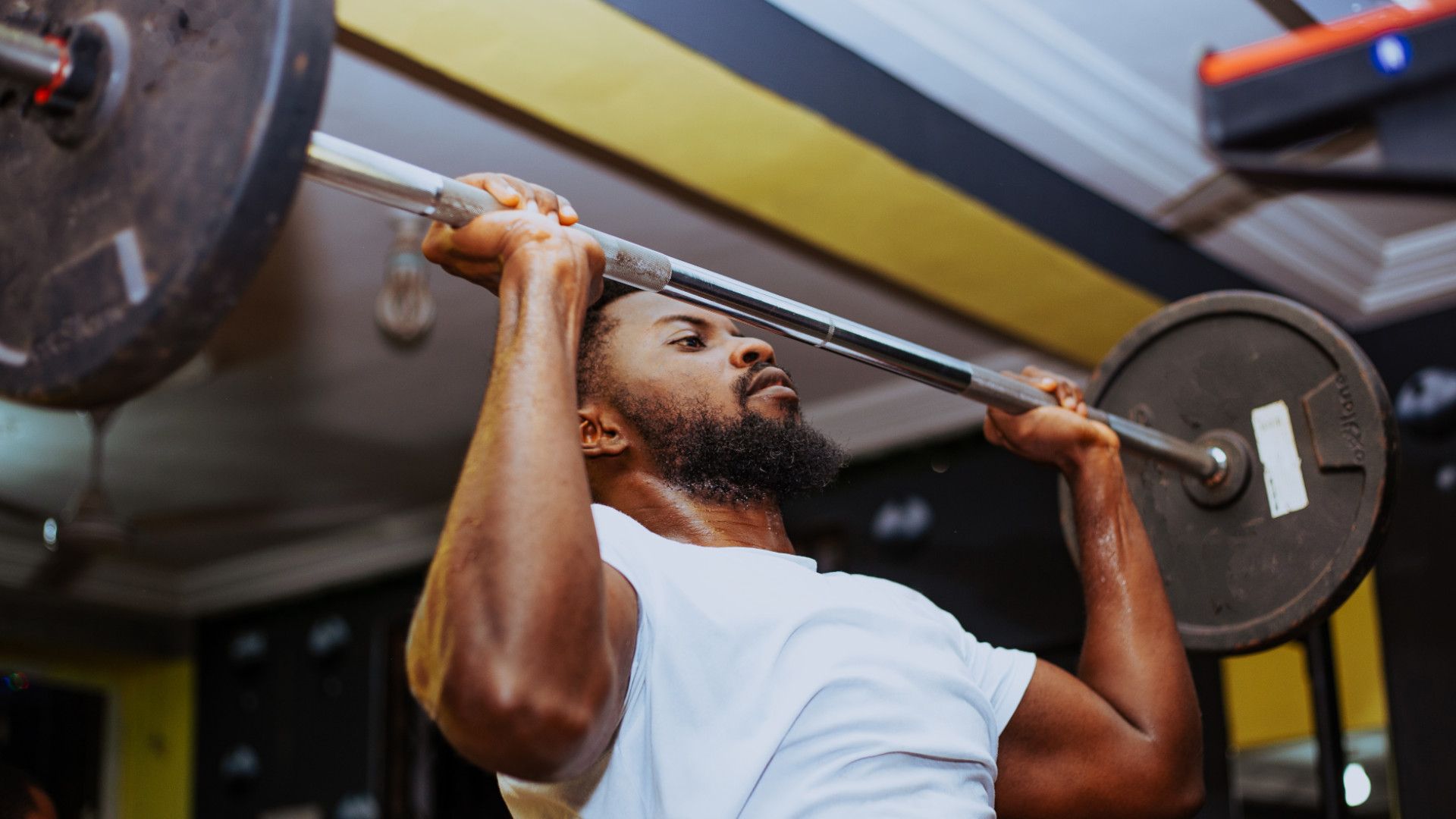 The 5 most efficient exercises for adding strength and size
The 5 most efficient exercises for adding strength and sizeExercise Scientist Dr. Mike Israetel says these are the lifts you should prioritise if you want to get jacked and strong
By Bryony Firth-Bernard
-
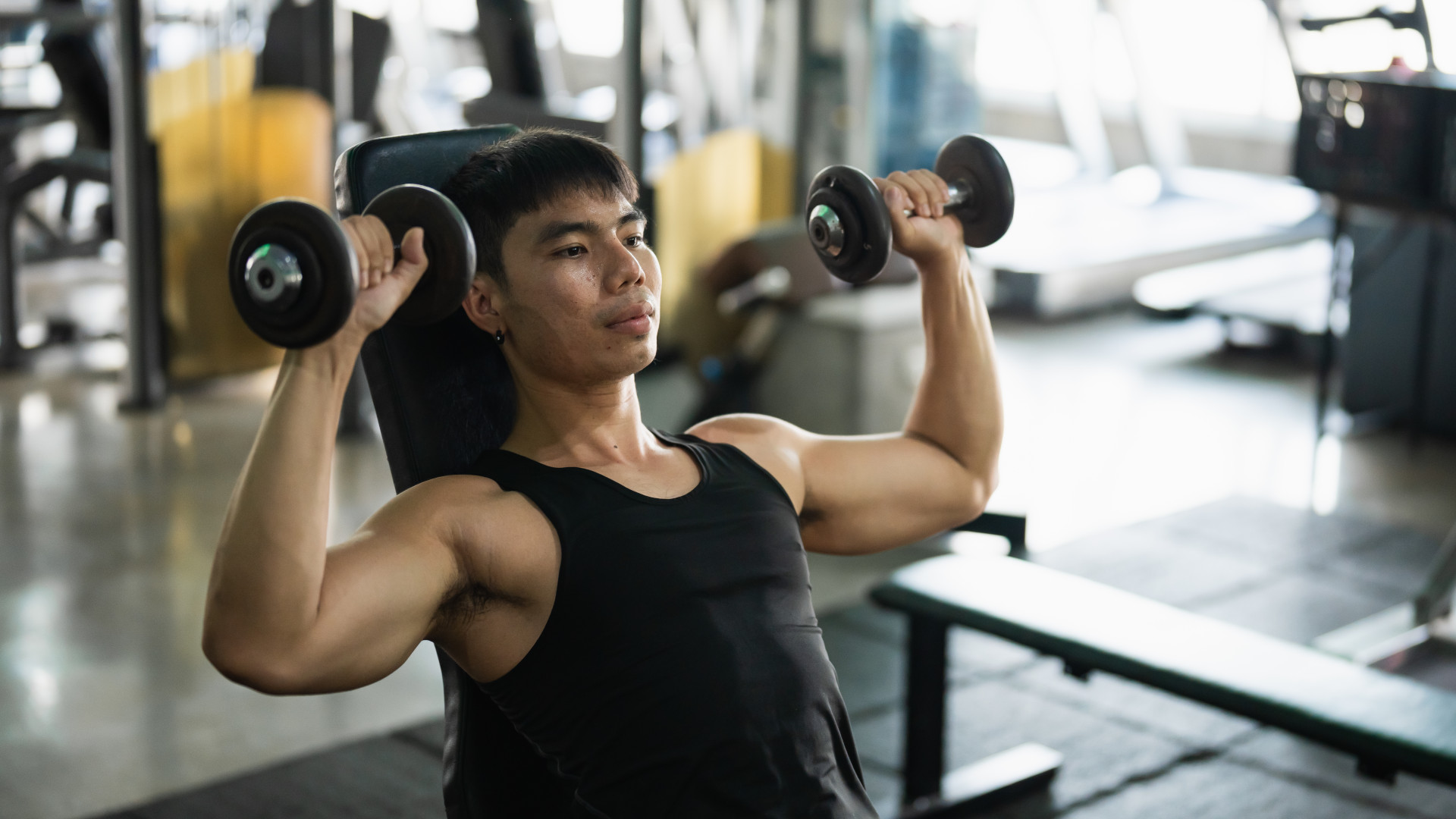 3 overrated shoulder exercises, according to a fitness expert (and what to do instead)
3 overrated shoulder exercises, according to a fitness expert (and what to do instead)Sculpt 3D shoulders whilst minimising injury with these three alternative exercises
By Bryony Firth-Bernard
-
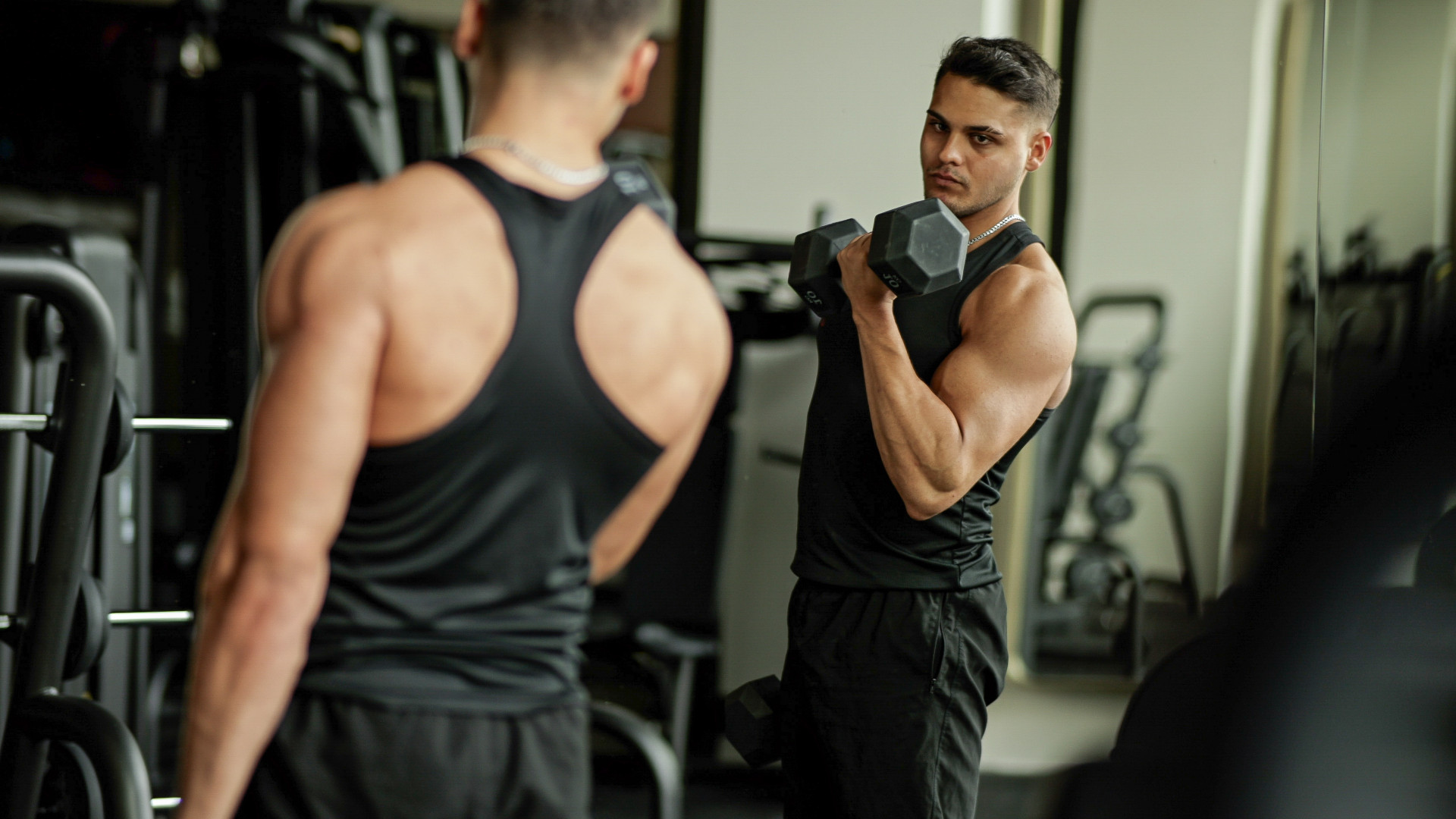 The best biceps exercise, according to science
The best biceps exercise, according to scienceHave you been training your biceps wrong this whole time?
By Lucy Miller
-
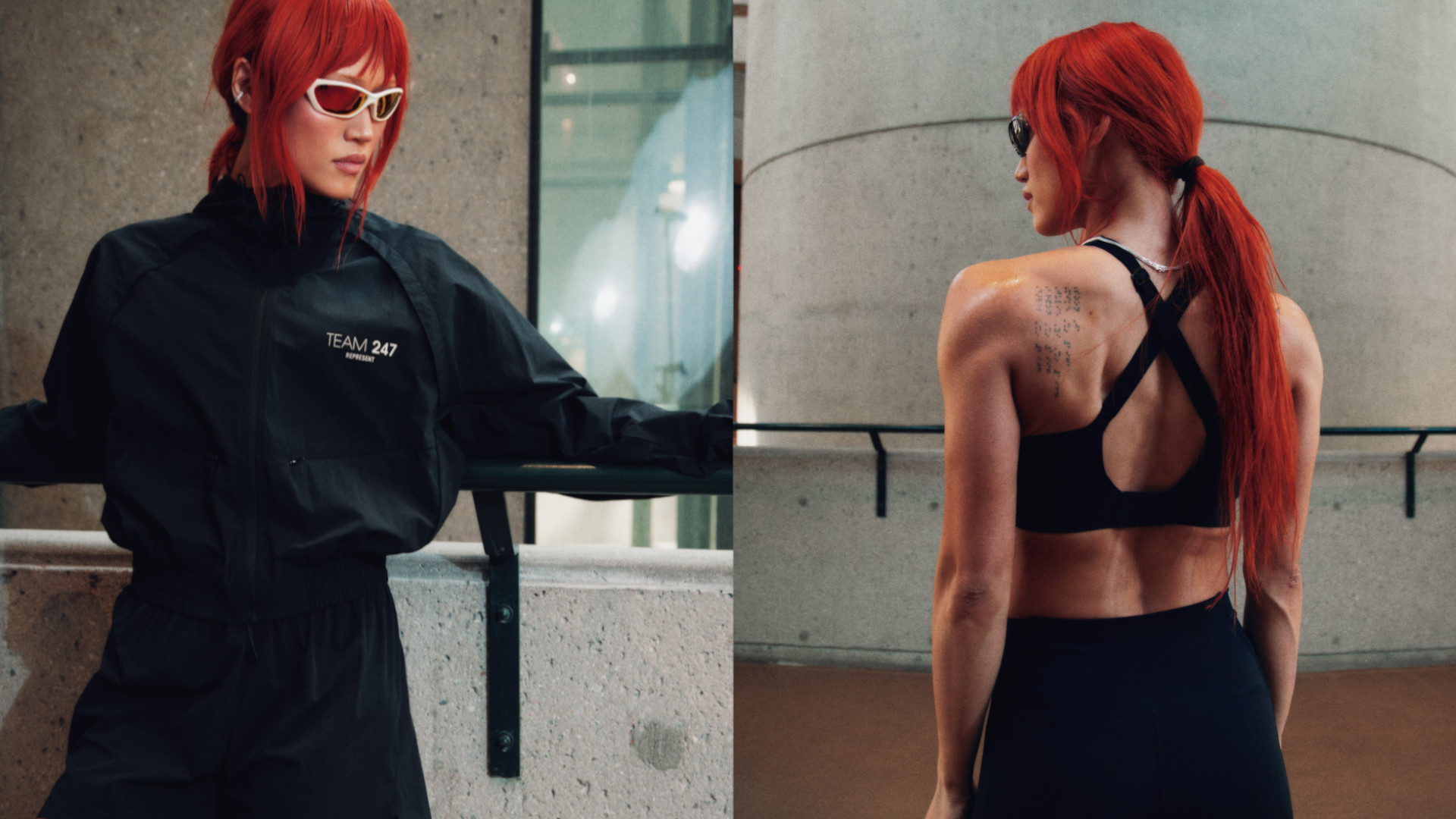 Finally! Represent 247 launches its first womenswear collection, taking you from street to gym in style
Finally! Represent 247 launches its first womenswear collection, taking you from street to gym in styleIt's about time guys
By Bryony Firth-Bernard
-
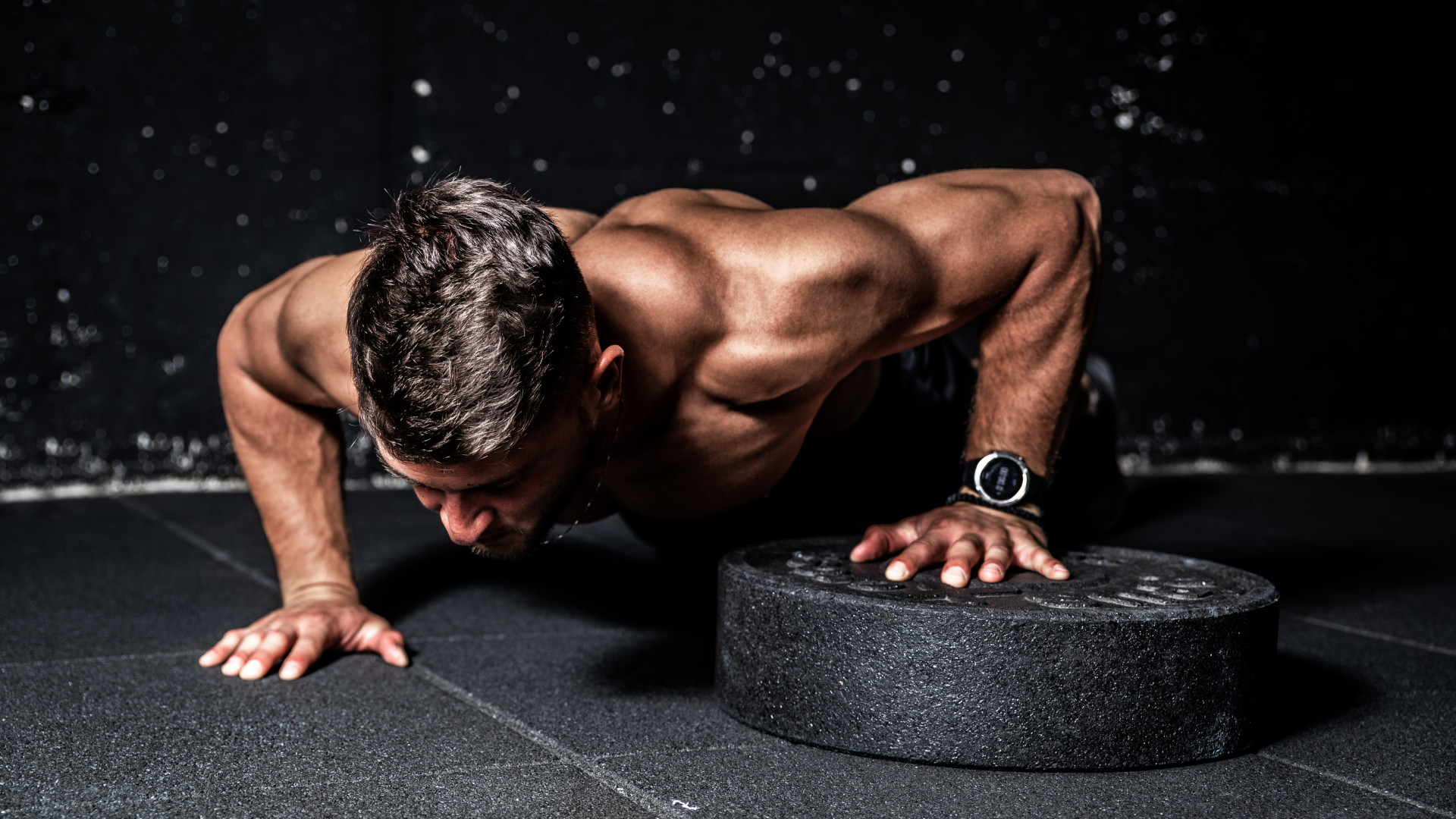 3 chest exercises you’re probably not doing to supersize your pecs
3 chest exercises you’re probably not doing to supersize your pecsA killer pec pump awaits
By Bryony Firth-Bernard
-
 When’s the best time to take creatine?
When’s the best time to take creatine?The science-backed supplement is a must for building strength and muscle, but is there an optimal time to take it?
By Bryony Firth-Bernard
-
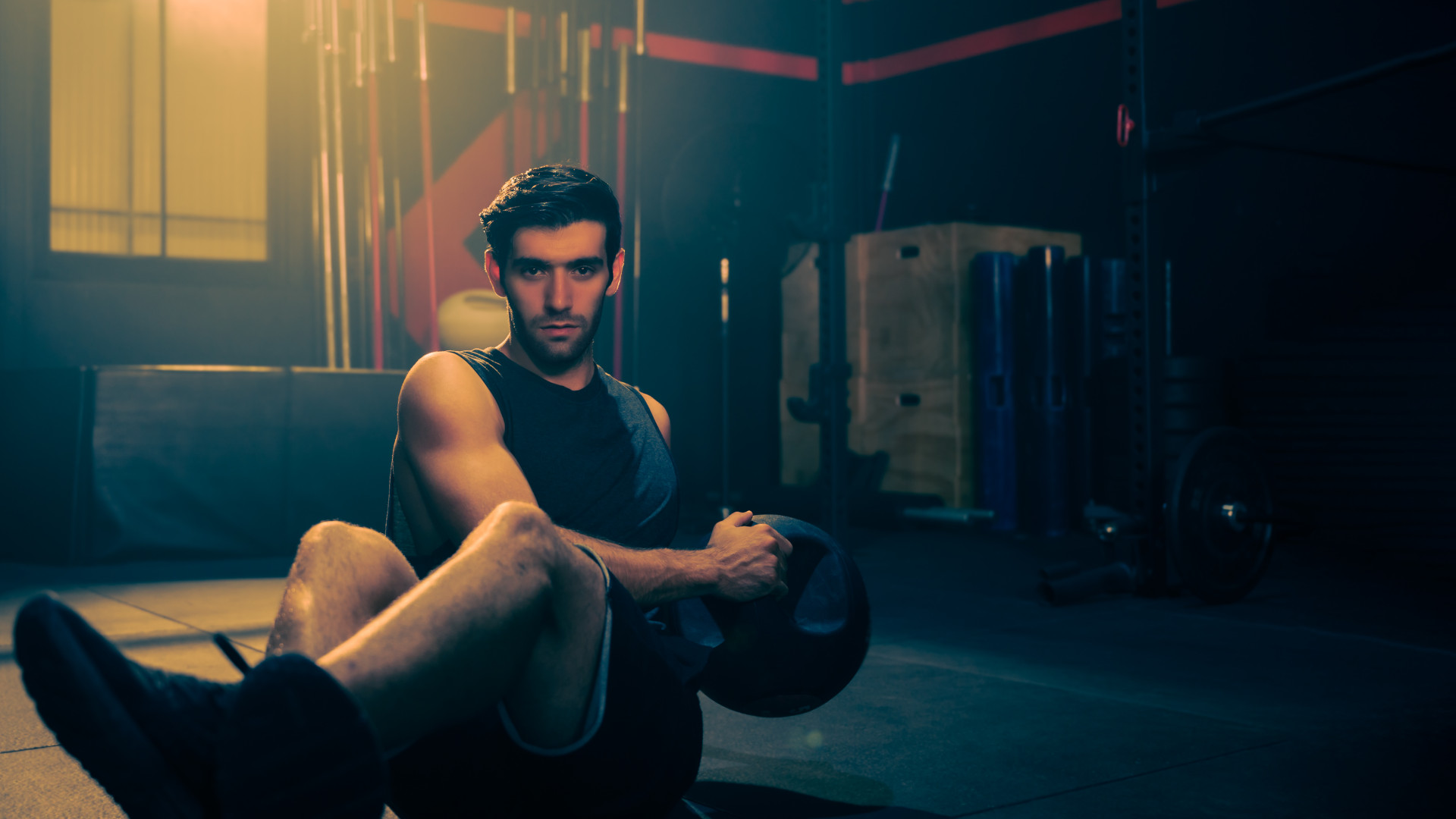 Three overrated core exercises and what you should do instead
Three overrated core exercises and what you should do insteadA fitness expert says these exercises aren’t all they’re cracked up to be
By Bryony Firth-Bernard
